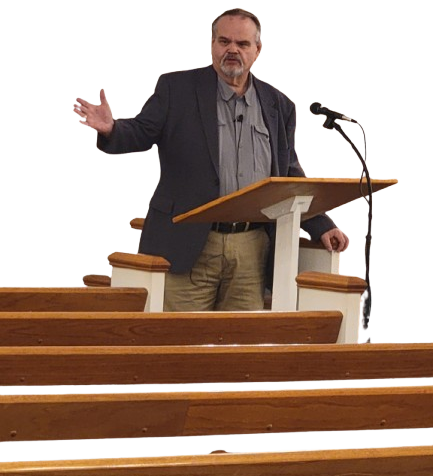I established this site at preachersstudyblog.com in 2006. Artificial Intelligence (AI) is a newcomer to blog publishing. I will use AI as a tool for...
Read More
I established this site at preachersstudyblog.com in 2006. Artificial Intelligence (AI) is a newcomer to blog publishing. I will use AI as a tool for...
Read MoreHere’s a great quote from Roman Emperor Marcus Aurelius from the mid second century. He was a pagan but this is a very Christian thought....
Read MoreMy Promise: I will suggest an important lesson from the Man of Lawlessness for your Christian walk. The “Man of Lawlessness” is mentioned only once...
Read MoreDespair is like a man descending a dark staircase. Below is thick darkness. After three or four steps, all light is gone. But you’ve been...
Read MoreWhen Christians do not share similar priorities or allegiances, work is compromised. We cannot allow external divisions to corrupt relationships or fellowships within the church....
Read MoreIt’s one thing to worry about the spiritual condition of a close family member. But what about someone you’ve never met? The Gut Wrenching Struggle...
Read MoreGet every article as soon as it is published! Subscribe to BryantEvans.com by clicking the button below. We never give away, trade, or sell your information.